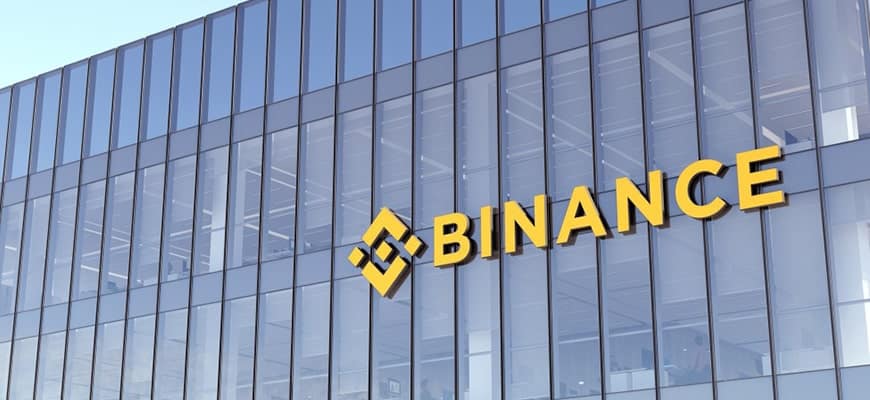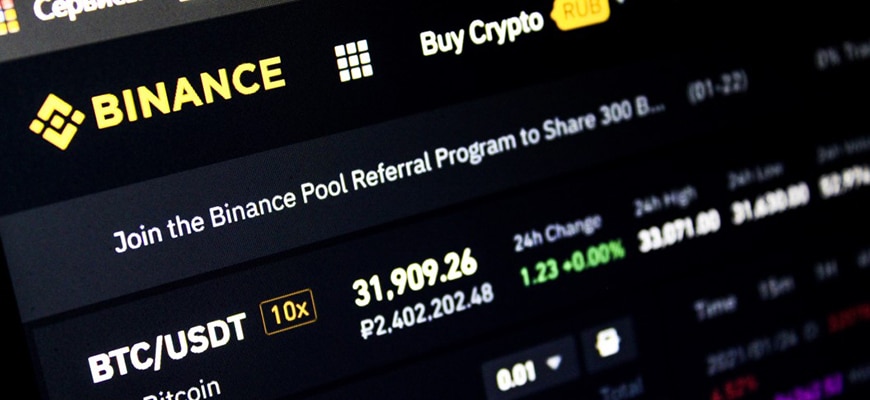Arbitrage is a procedure for quickly buying and selling the same asset on different markets to take advantage of price differences between markets.
What is arbitrage?
By their nature, markets, such as stock and cryptocurrency exchanges, are inefficient due to many factors: different degrees of access to information by market participants, different trading tools and methods, transaction costs, human error, and much more. Due to these inefficient factors, prices for the same asset – for example, a cryptocurrency – often differ from market to market.
By buying on a cheaper exchange and selling on a more expensive one, arbitrageurs narrow the "spread" available between those exchanges, thereby reducing the opportunity for arbitrage and, therefore, making markets more efficient. The arbitrage system is a critical strength because it ensures that no asset deviates from its fair value over long periods of time and enhances the flow of liquidity between exchanges.
Given the nature of the way arbitrage is conducted (buying and selling the same quantity on different exchanges), the arbitrator takes virtually no price risk on this strategy. Nevertheless, arbitrage does involve risk, which arises from the need for almost instant execution of the strategy and the cost of trading (commissions). Fans of arbitrage usually end up paying a lot of commissions, since each unit of trade requires the trader to pay for the various exchanges on which he/she trades.
With advances in technology, such as automated trading, opportunities for arbitrage trading tend to be eliminated much faster, making the practice more challenging for traders. Nevertheless, as long as the markets remain imperfectly efficient, arbitrage will continue to serve its vital function.








